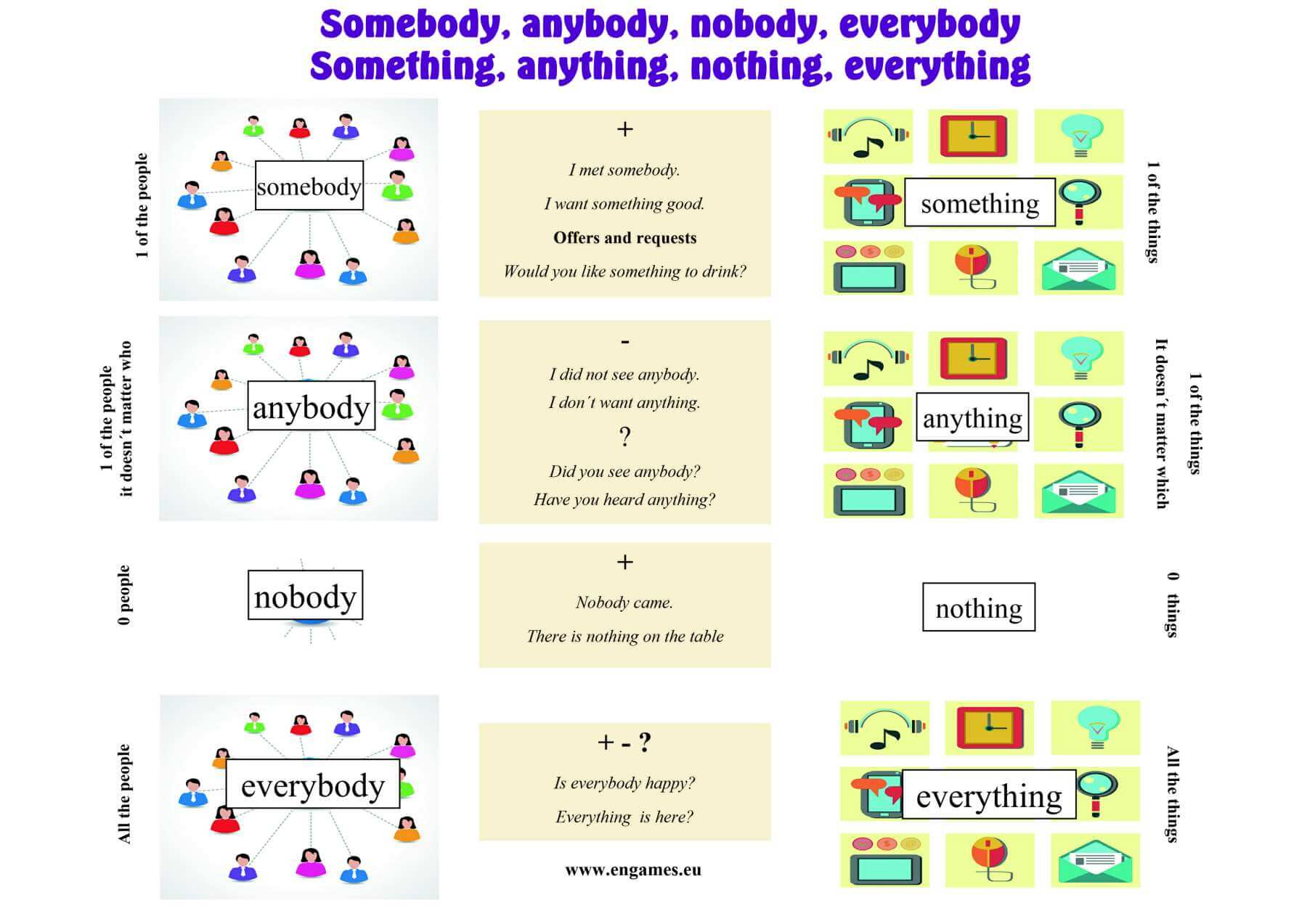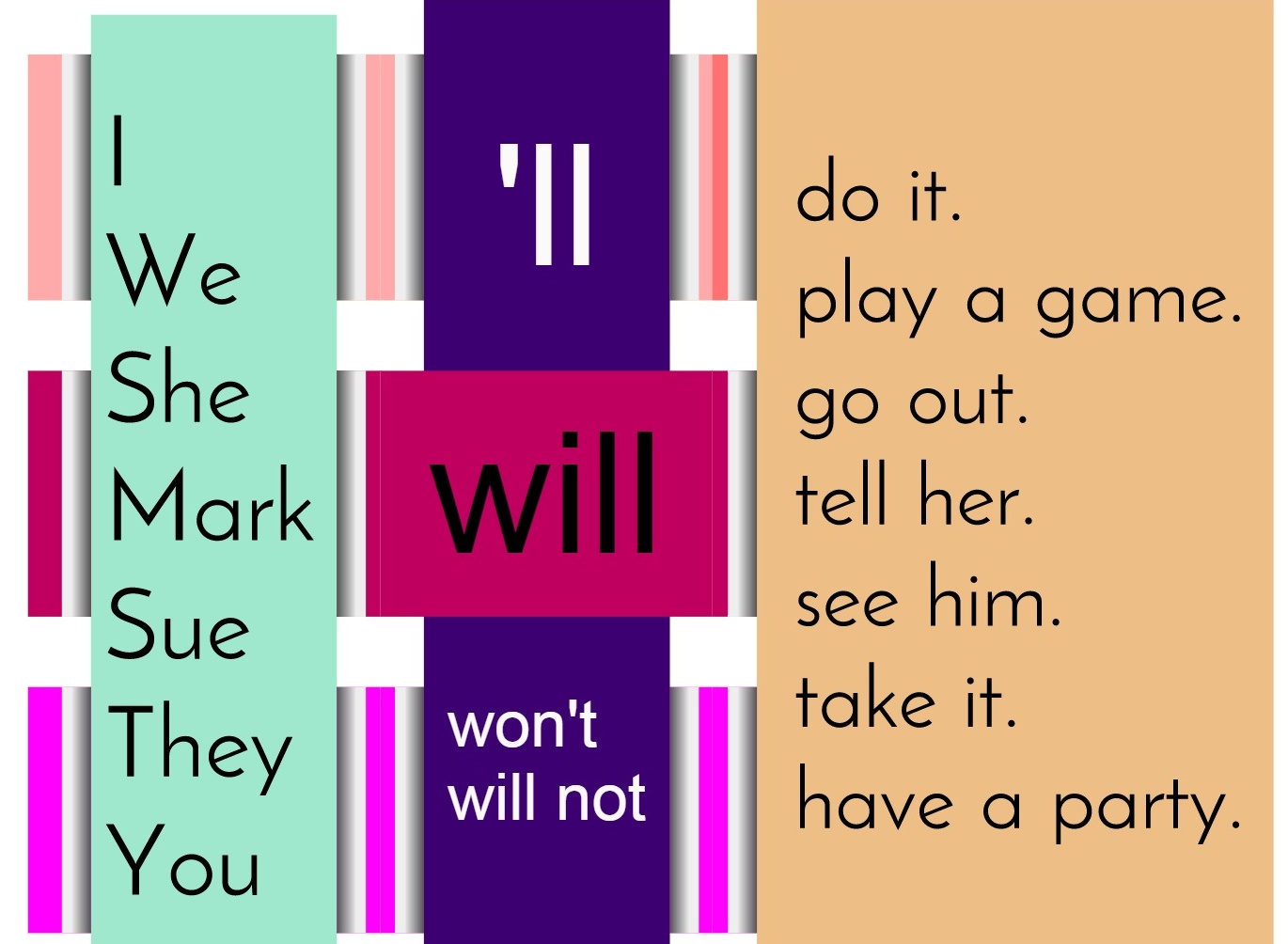Somebody or anybody, something or anything
Do your students struggle with the words somebody, anybody, something, anything, everything, everybody, nothing and nobody? Do they get these basic words wrong nearly every time? If your answer is yes, then this post is just for you. ADVERT: [showmyads] In this post I would like to share with you several tools to help your…

